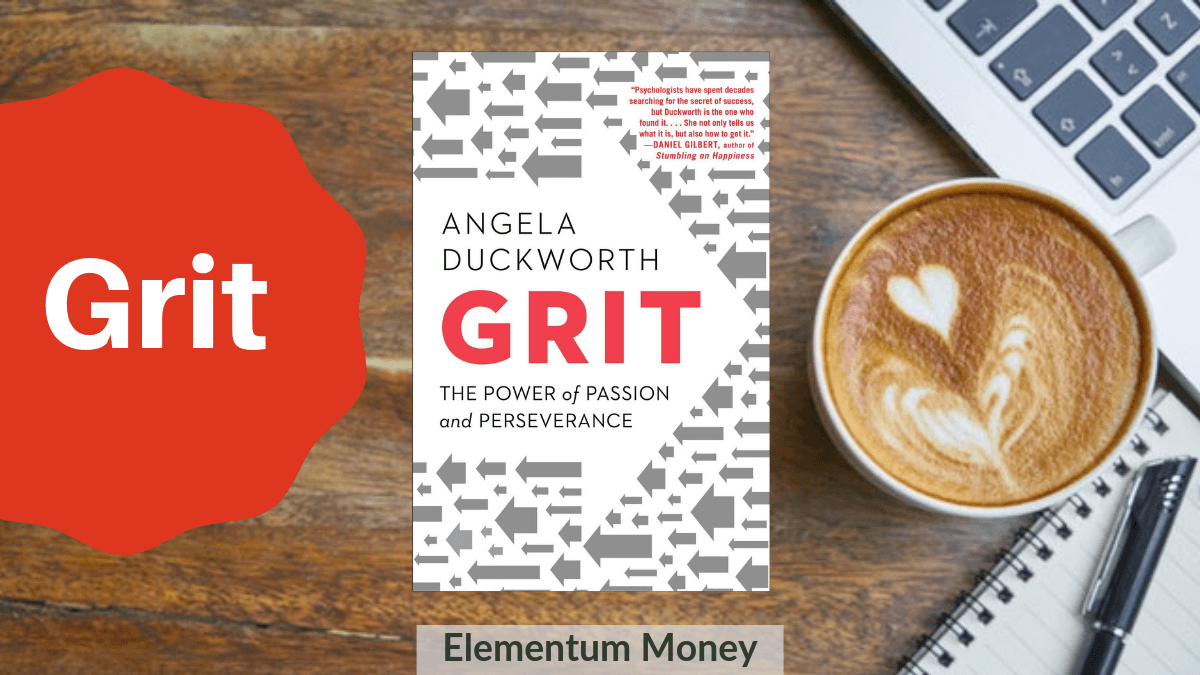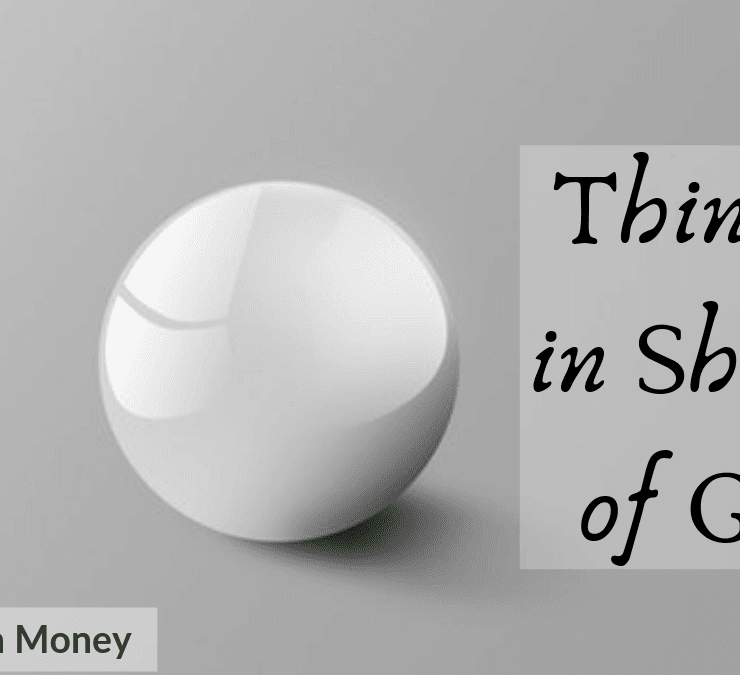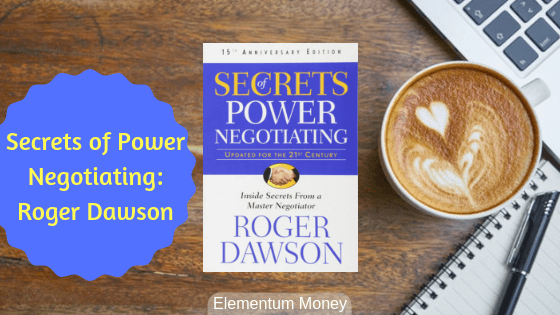I have often mentioned how podcasts are a medium I love to listen in to interesting conversations, to get food for thought as well as a lot of thought starters. Sometimes, a podcast episode ends up leaving an indelible footprint on my impressionable mind. Two years back, on one of my rare work travels, I found myself alone in Pune. Usually, of an inquisitive nature, on the morning after, I headed out to just take a walk around, with my earphones plugged in, tuned to a downloaded Freakonomics episode. Even today, I remember walking around the area, especially noticing a roadside temple and a beautiful fort-like structure with rolling green gardens, all the time with an enlightened expression on my face, thanks to the discovery of Angela Duckworth and her idea of Grit on Freakonomics Radio episode 246. I was finally able to get my hands on the book and suffice it to say, the podcast was just the trailer. As any Indian movie buff would understand, picture abhi baaki hai, mere dost! (The movie is yet to be played out, my friend)
Angela Duckworth and her quest to understand Success
Angela Duckworth is the co-founder and CEO of Character Lab, a non-profit organization focused on using research-based psychology findings to help children succeed. She is also a professor of psychology at the University of Pennsylvania. Before this, she taught at public schools in New York, San Fransisco and Philadelphia. Clearly, helping shape future generations is a passion of hers.
Grit, the book, is a result of a multitude of secondary research and rich primary research. When it comes to primary research, Duckworth conducted a self-designed Grit Scale to first-year cadets at one of the toughest military schools in the U.S., West Point, which also has quite a high rate of initial dropouts. She also administered the Grit Scale to Spelling Bee contestants, as well as doing in-depth research on teachers working in tough public schools. To top it all, she interviewed high achievers from various fields, including some responsible to further hone high achievers. The book is definitely well-researched from all possible angles.
What is grit?
So, what’s with this one word, grit? Here Grit is a term being used solely for behavioural and attitudinal traits displayed by humans. Angela Duckworth in this thought-provoking book is choosing to delve deep into the behavioural trait exemplified by some humans. Vague? Let’s get into specifics then, with a quote from the horse’s mouth:
In sum, no matter the domain, the highly successful had a kind of ferocious determination that played out in two ways. First, these exemplars were unusually resilient and hardworking. Second, they knew in a very, very deep way what it was they wanted. They not only had determination, they had direction.
-Grit, Angela Duckworth
So, in Duckworths’ books, clearly, the two defining factors of Grit are the 2 P’s –you gotta be passionate about what you are pursuing and then you need to pursue it relentlessly. She is beginning to sound quite a bit like my father here.
Talent or Effort?
How many times have we looked at someone’s skill, sighed and told ourselves, “gosh, that person is so talented / naturally gifted”. In some ways, that’s as reductionist a tendency as calling someone’s achievement an “overnight success”.
As pointed out by Duckworth, in some ways, it’s a lazy way to contribute someone’s success that you yourself do not have access to. For instance, you see a tennis player with his skill on display at court. You simply shrug and think he was born with it and you can never come even close because you just don’t have that natural talent that a rare few are born with. But, is there a probability that you bust your ass on the tennis court, day in and day out for years with the four elements of grit mentioned below and reach somewhere closer? Of course, the probability is there. But, why see it that way when it’s easier to shrug off something, crediting it to talent.
Are talent and effort equally important when it comes to being a determinant of success? Nope. As per Duckworth, in the recipe of success, you gotta add one part talent and two parts effort. I turn to Duckworth again to help me with the exact quote to show this crucial relationship between talent and effort.
Without effort, your talent is nothing more than your unmet potential. Without effort, your skill is nothing more than what you could have done but didn’t. With effort, talent becomes skill and, at the very same time, effort makes skill productive.
-Grit, Angela Duckworth
It helps to have a talent and a natural inclination towards a skill, which will probably add into your passion for it as well. But, unless you are willing to persevere and put in efforts, there is a high chance that you will end up converting your raw talent into unmet potential.
Hierarchy of goals
When we talk about perseverance and going after a goal, it often involves years and years of sticking to it. Here, Duckworth makes an interesting point about structuring goals on different hierarchical levels.
Now, here things get interesting. The idea is that the stickiness factor is most important for this top-level goal. However, if the situation so demands, it is often recommended to change your mid or lower-level goals to the pursuit of your top-level goal.
She talks about the concept of “positive fantasizing”, a term coined by her fellow psychologist Gabriele Oettingen. So many positive fantasizers have lofty top-level goals but either zero or pretty shaky lower level goal hierarchies with no idea of what is going to get them there or the will to follow through on it, despite the obstacles. What this ends up in is lofty goals and disappointment of not achieving those.
However, the opposite is also a problem. Having fleeting low or mid-level goals with nothing unifying them at a top-level will be like being a kid in an unlimited-access candy store. You keep binging on one, get bored or challenged much more than you signed up for, and then switch to something that looks more attractive, only ending up with a potential case of diabetes.
Four elements of grit to cultivate
This here is the meat of the book where Duckworth zeroes in on four core elements of grit, that when conscious about, we can all work on cultivating. What I really liked about this part was the research-backed supporting as well as some conventional wisdom turned on its head. Yes, this post is probably lengthy, but it is well worth a read.
Interest
We all know we work better and are happier when doing something we enjoy. For me, it goes a step further since try as I may, beyond a point my brain refuses to function on things in which I have no interest at all.
However, how do we know what interests us? Is it as instinctive and as impulsive as we think? Is it love at first action? As Duckworth says very vividly in the two distinct statements below, most definitely not:
But a first encounter with what might eventually lead to a lifelong passion is exactly that—just the opening scene in a much longer, less dramatic narrative.
-Grit, Angela Duckworth
Here’s what science has to say: passion for your work is a little bit of discovery, followed by a lot of development, and then a lifetime of deepening.
-Grit, Angela Duckworth
Most successful people or domain experts (or grit paragons, as Duckworth terms them), started out in their field with tentative testing dips. In fact, as she rightly points out, it is important that we try as much and experiment as much as possible to really discover our passion. How else will you know what is that you can stick to?
However, a major clarification here is the definition of the word passion itself. What does passion or interest mean here? Does it mean flitting from one thing to the other and dropping it in pursuit of novelty? How do people stick to something for years, still finding enough interest levels to sustain that flame of passion?
The difference here lies in horizontal versus vertical. So for the serial interest hopper (which I definitely identified myself with at one point), they jump horizontally from one thing to the other. However, people with sustained passions, go deeper vertically discovering more and more nuances in their chosen field.
Practice
This was one of the aspects Duckworth had talked about in detail, in the podcast which left that indelible mark in my mind. The concept, which I particularly recalled was that of deliberate practice, coined by Anders Ericsson.
The idea is that what sets apart experts from others, with both spending the same time to hone their skills, is the process followed in that practice, aka deliberate practice. The idea is that experts set out to work on a stretch goal or an existing weakness in their skills to ensure continual incremental improvement in their skill. Then they focus and do whatever it takes to work on it, all the while taking feedback to understand the further scope for improvement. Once that chink in the armour is straightened out and that aspect can be smoothly executed, they start the cycle all over again with a new stretch goal in mind.
Is it easy and enjoyable? Not as per Ericsson. It is tough, gruelling work, the likes of which most “grit paragons” don’t keep up with post-retirement. It is mentally challenging and physically exhausting and not something that can be sustained over long periods in a day as it has to be interspersed with deep rest as well.
In some ways, this reminds me of the number of mock tests I have taken at different times in life, be it for Class 12 Maths, MBA entrance exams in India (CAT) or for GMAT. If you just go through the drill of doing a few easy questions, it may not be good enough. However, doing full-length papers in timed exam conditions literally did feel exhausting.
Another interesting aspect in this part was the way the author addresses the potential conflict between deliberate practice and the state of “Flow” as described by Mihaly Csikszentmihalyi. As per Csikszentmihalyi, Flow is “the state in which people are so involved in an activity that nothing else seems to matter; the experience itself is so enjoyable that people will do it even at great cost, for the sheer sake of doing it.”
Is it possible for one person to do deliberate practice and experience flow for the same skill? Duckworth comes to the conclusion that indeed that is the case. Note, that I did not mention at the same time since the two are mutually exclusive concepts and end up happening at different points in time.
In other words, deliberate practice is for preparation, and flow is for performance.
-Grit, Angela Duckworth
Think about it. Deliberate practice is where you iron out the wrinkles in your skillset. Flow is when you display them in their full glory, revelling in the experience. I thought she was spot on with this conclusion.
Purpose
I think somewhere or the other, we have all heard this. Sustaining a deep sense of passion often comes with a core belief in doing good for people other than ourselves. Call it the self-fulfilling goody-two-shoes prophecy or just the importance of social connections for us humans.
In this aspect, Duckworth invokes Aristotle’s recognition of two routes to happiness – hedonic or the selfish and instantly gratuitous experiences and the eudaimonic route which is well in line with a noble inner spirit. Obviously, Aristotle disses the hedonic route, exalting the eudaimonic way to it.
But, is it always about finding your purpose and working around it or can you suddenly realize a larger purpose in the work you are already doing? Here, I think different strokes for different folks.
In my experience, for me, marketing was initially a hedonistic vehicle. It gave me what I thought was an outlet for a creative direction of thought. However, gradually it started to irk me as I was no longer sure what difference was my work making in anyone’s life. That is what pushed me to my search for purpose, which I found in personal finance, making it my eudaimonic pursuit. Straddling both those paths is my love for writing, which gives me a hedonistic satisfaction and a hope of eudaimonic traits with the belief that it could enlighten or entertain people.
Hope
Are you an optimist or a pessimist? Do you take failure to be permanent or look at ways around it and remember that tomorrow is another day? Do you believe the talent and ability to learn can be changed, and even grown?
In this aspect, Duckworth talks about different types of hope and optimism. The optimism that doesn’t view failures as negative events but only as something to learn from. The hope that things are changeable with a mindset and skillset expandable.
Another aspect that she explored in this topic, which gave me a lot of hope was the connection between grit and happiness. How often have we consoled ourselves that if someone has reached the top of the ladder, then they are not happy because success brings its own pitfalls and it’s not a life worth hankering for? It was honestly heartening to see the research-backed mutual co-existence between grittiness and happiness with a linkage to optimism.
Essentially mindset, optimistic self-talk and not taking failure as permanent become important key points in the pursuit of grit.
One of the biggest chunks that I have not covered in this post is the part about raising gritty children. With a self-defined passion of helping children thrive and being a mother to two children herself, there is clearly a lot of value in this part for any parent looking to raise gritty kids. All in all, there were a lot of valuable research-backed lessons to take from this book. For anyone looking for a good Personal Growth read, don’t hesitate to pick this one up.
Have you read Grit? Let me know what you thought of it in the comments below.





Leave a Reply